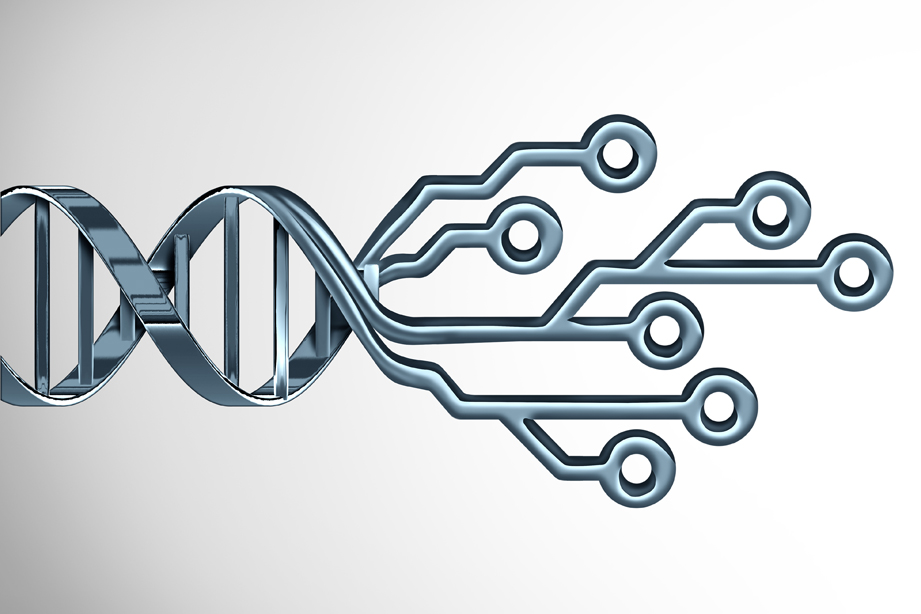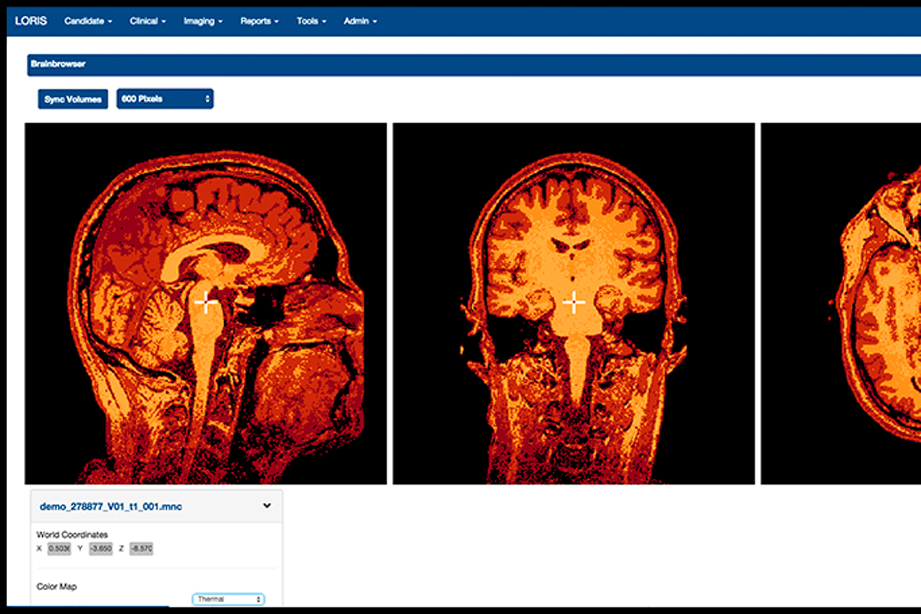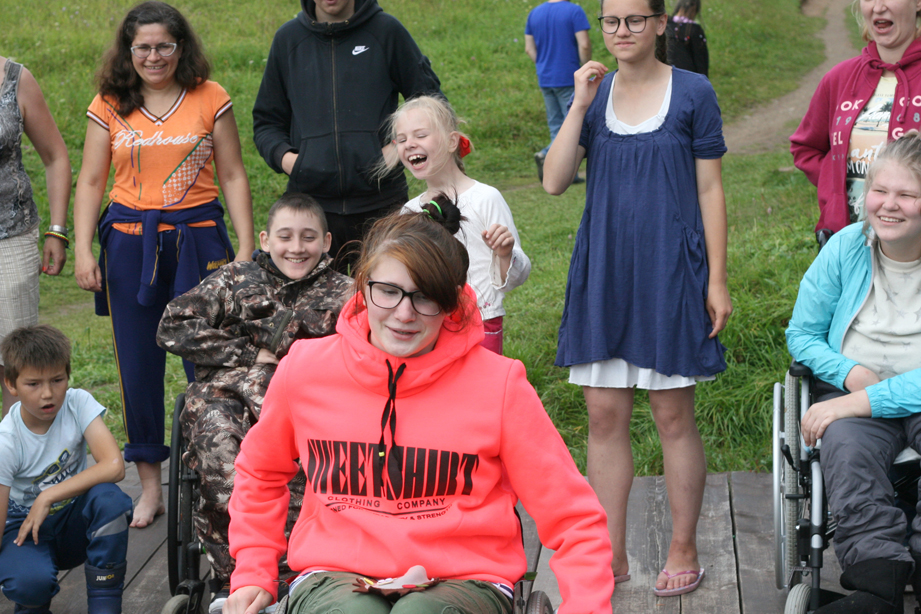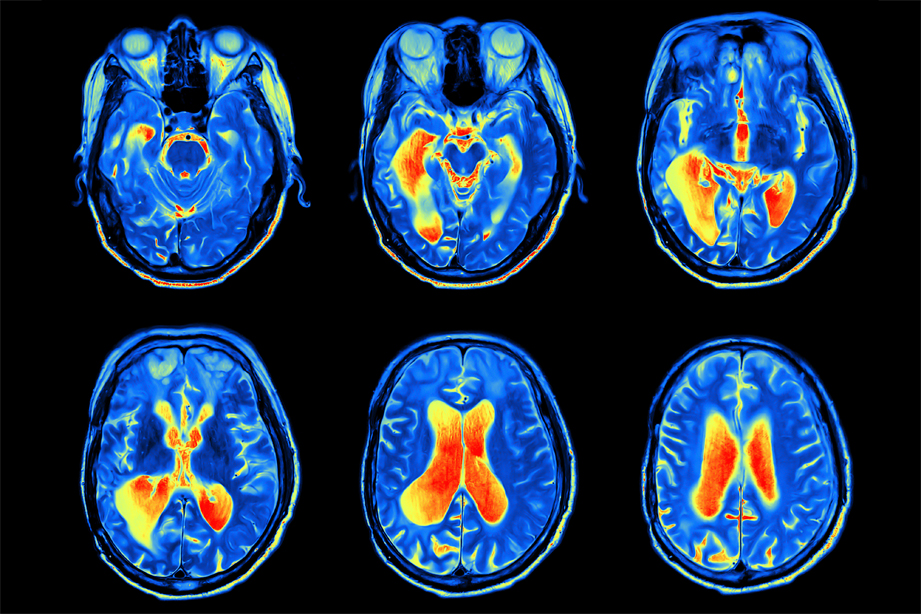Cycle I – Building the Network
The Kids Brain Health Network (KBHN) was established in 2010 as an interdisciplinary network of researchers and clinicians to address fundamental questions of early brain development with the specific goal of mobilizing this knowledge to improve the lives of children living with neurodevelopmental disabilities and their families. The initial research projects funded by KBHN focussed on the interaction between genes and the environment. This knowledge has led to a better understanding of the origins of three highly prevalent neurodevelopmental disabilities, namely Autism Spectrum Disorder (ASD), Cerebral Palsy (CP), and Fetal Alcohol Spectrum Disorder (FASD).
In mid-Cycle I, a Strategic Advisory Committee of stakeholders knowledgeable about research, training, and knowledge translation supported a board-led strategic planning process. This process’s key outcome was to shift the focus of KBHN’s research programs toward application-based research. Moving forward, KBHN emphasized developing new and better tools that would provide improved and earlier diagnosis, evidence-based behavioural and therapeutic interventions, novel ways to support children with neurodevelopmental disabilities and their families. The goal was to bring these advances to frontline workers to mobilize knowledge and build greater capacity. This framework guided the research and outreach efforts during the second half of Cycle I. The development of the Cycle II application was characterized by a further evolution of KBHN’s research programs to focus on three significant challenges that are critical across virtually all neurodevelopmental disabilities:
- Children with neurodevelopmental disabilities are not identified early enough, during the critical periods of brain development when the introduction of interventions will have the most significant impact on the trajectory of their disabilities;
- There are insufficient evidence-based interventions for neurodevelopmental disabilities, and those that are available are not progressing quickly enough into practice and are not accessible in all parts of the country where there is a demonstrated need; and
- The system of supports for children living with neurodevelopmental disabilities and their families lacks coordination, leading to fragmented and inadequate support for families in need of care.
Making a difference to families caring for children with neurodevelopmental disorders (NDD)
Challenge For families of children with neurodevelopmental disabilities (NDD), significant [...]
ASD Pathways
Challenge While there has been little research done about the [...]
Biorepository cohort (PROMISE)
Challenge A child's genetic susceptibility to the environment is usually [...]
The Neuroethics Core
Challenge New biomarkers, new treatments, and new methods: scientific advancements [...]
FASD Gaming Website
Challenge Social skills significantly impair children with Fetal Alcohol Spectrum [...]
Quantitative modelling of spontaneous movement in infants
Challenge In young babies, assessment of their motions has been [...]
The Use of Video Games to Improve Cognition in Children with Neurodevelopmental Disabilities
Challenge Video games place a high demand on our cognitive [...]
One-Stop-Database-Shop for Genomics Data on Brain-Based Disabilities
Challenge A lot of genomics data has been published on [...]
The Neuroinformatics Core
Challenge Neuroscience is a broad field with a vast array [...]
The Canadian Cerebral Palsy Registry
Challenge While cerebral palsy is the most common physical impairment [...]
The ASD Demonstration Project: Neuroimaging and Function
Challenge Right now, autism spectrum disorder is diagnosed based on [...]
The ASD Demonstration Project: Next-Generation Genome Sequencing and Identification of Rare DNA Variants
Challenge Autism spectrum disorder often runs in families. For example, [...]













